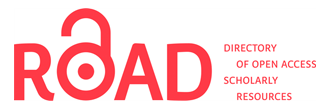The Effectiveness of Using QRIS as a Non-Cash Payment Tool in the "Yogya Karawang" Supermarket
Keywords:
Effectiveness, Supermarket, QRISAbstract
Supermarket development in 2019 increased, as time went by there was another decline in 2020-2021 due to Covid-19. However, after the pandemic ended, there will be an increase in 2022, with the number of supermarkets opening in Indonesia. The aim of this research is to explain the effectiveness strategy and effectiveness factors of QRIS. The research method uses descriptive quantitative, the research location is Yogya Grand Karawang. The respondents were customers who used QRIS when making transactions at supermarket cashiers. Data was collected using a questionnaire with 22 indicators. Before data processing, validity and reliability analysis was carried out. After the questionnaire is valid, data processing is carried out using factor analysis. The research results showed that the 22 indicators were formed into 4 main factors with a total variance of (71.535%). These factor groups are system quality factors, information quality, user satisfaction, net profit. The research results show that the use of QRIS in Yogya Karawang supermarkets provides effectiveness in non-cash payments. Research recommendations include the development of innovative business models involving QRIS to increase appeal to consumers. This study contributes to the understanding of the benefits of QRIS in improving supermarket operations and customer shopping experience.







